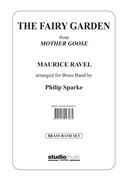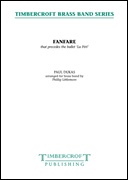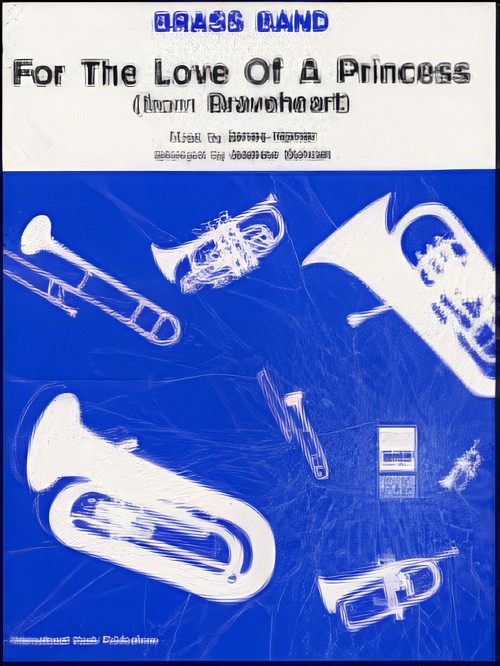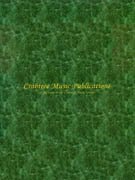Results
-
 £24.95
£24.95COME FOLLOW THE BAND (Brass Band Marchcard) - Siebert, Edrich
Marchcard size. From Barnum.
Estimated dispatch 7-14 working days
-
 £42.95
£42.95FAIRY GARDEN, The (Brass Band) - Ravel, Maurice - Sparke, Philip
from Mother Goose Suite
Estimated dispatch 7-14 working days
-
 £30.00
£30.00Fanfare (from La Peri) (Brass Band - Score and Parts) - Dukas, Paul - Littlemore, Phillip
La Peri is a 1912 ballet in one act by French composer Paul Dukas, about a man's search for immortality and encounter with a mythological Peri (a winged, fairy-like creature). The original music to La Peri was written in 1911 as a Poeme Danse En Un Tableau (Dance Poem in One Scene), and was his last published work. The ballet itself is preceded by this brilliant fanfare which is often performed separately. This arrangement is for full brass band, and would make a good opener for any concert or event. It can also be performed with or without percussion. Duration: 1:40
Estimated dispatch 7-14 working days
-
 £54.20
£54.20FLOWER SONG, The (Eb Horn Solo with Brass Band) - Bizet, Georges - Smith, Sandy
From Act II of Carmen. Grade: Medium.
Estimated dispatch 7-14 working days
-
 £61.95
£61.95For the Love of a Princess (Brass Band - Score and Parts) - Horner, James - Duncan, Andrew
A spectacular Brass Band arrangement of James Horner's love theme from Braveheart in full score and parts. Ideal for school concert bands, arranged by Andrew Duncan.Suitable for Advanced Youth/3rd Section Bands and aboveRecorded on Polyphonic QPRL220D Master Brass (Volume 16)Duraton: 4.00
Estimated dispatch 7-14 working days
-
 £59.99
£59.99GO THE DISTANCE (Euphonium/Brass Band) - Stowell, David
from Disney's Hercules. Baritone/Euphonium Solo & Brass Band. Duration: 3:00 Grade: Medium
Estimated dispatch 7-14 working days
-
 £59.99
£59.99GO THE DISTANCE (Tenor Horn/Brass Band) - Stowell, David
from Disney's Hercules. Tenor Horn Solo & Brass Band. Duration: 3:00 Grade: Medium
Estimated dispatch 7-14 working days
-
 £37.95
£37.95 -
 £42.95
£42.95LAMENT OF THE DANDELION (Brass Band) - Parker, Jim
from Ground Force
Estimated dispatch 7-14 working days
-
 £42.95
£42.95SONG OF THE SPIRIT (Brass Band) - Jenkins, Karl - Small, Tony
from Adiemus II
Estimated dispatch 7-14 working days
